The law does not take into account your wishes if you do not make a will and the estate will be distributed according to the rules of intestacy.
If an individual dies without making a will (intestate), the remaining spouse – where there are no children – will get the entire estate. If the landowner dies and is survived by a spouse and children, the spouse will get two-thirds of the estate and the remaining one-third is divided equally among the children. If the landowner has no spouse but has children, the farm will be divided equally among the surviving children.
If you have parents but no spouse, your estate is divided equally between your parents or if only one parent survives, your estate is given entirely to one parent. If you have brothers and sisters only, your estate is shared equally among them, and the children of any deceased brother or sister will take his or her share. If you have nieces and nephews only, your estate is divided equally among those who are still alive. If you have other relatives, your estate is divided equally between the nearest equal relationships. If you have no relatives your estate goes to the State.
Rights
When making your will, while you are entitled to dispose of your assets as you wish, it is important to note that certain individuals may have certain rights.
A surviving spouse has a legal right share. This means that they are entitled to half of the entire estate if you have no children and one-third of your entire estate if you do have children. The spouse can either choose to take their legal right share or what you have left them under your will. This means that if you do not leave your spouse anything in your will they are still entitled to their legal right share.
The Civil Partnership and Certain Rights and Obligations of Cohabitants Act 2010 (the “Act”) which came into effect from 1 January 2011 provides a right for cohabitants to apply to the court for provision where the relationship has ended due to a death or relationship breakdown.
There is a tax threshold of €16,604 where a cohabitant receives a gift or inheritance under a will and the application must be made within six months.
A child does not have an absolute right to inherit from their parents’ will. A child can apply to the court if they feel they have not been adequately provided for and this is known as a section 117 application. If one parent dies and leaves the estate to the other spouse, the child cannot make an application.
Tax
It is important to think about tax implications when making your will. A husband or wife is not liable for inheritance tax. A person’s threshold is determined by their relationship to the person from whom they are receiving the gift. An inheritance received above the threshold amount is liable to tax at 33%. If they have previously received a gift or inheritance since 5 December 1991, which results in their threshold being used up, any gift they now receive will be liable to 33% tax.
There may be tax reliefs available which apply to beneficiaries in your will, such as agricultural relief and business relief, and a full list of these are available on www.revenue.ie.
*Rose Keating is a law graduate from the University of Limerick. She has two legal diplomas in Constitutional Law and Sources of Irish Law. She is now completing her apprenticeship as a trainee solicitor at Kelliher Coghalan Solicitors in Kerry.
Read more
Legal query: will a Green Cert reduce my inheritance tax?
How can a farmer’s wife get divorced?
The law does not take into account your wishes if you do not make a will and the estate will be distributed according to the rules of intestacy.
If an individual dies without making a will (intestate), the remaining spouse – where there are no children – will get the entire estate. If the landowner dies and is survived by a spouse and children, the spouse will get two-thirds of the estate and the remaining one-third is divided equally among the children. If the landowner has no spouse but has children, the farm will be divided equally among the surviving children.
If you have parents but no spouse, your estate is divided equally between your parents or if only one parent survives, your estate is given entirely to one parent. If you have brothers and sisters only, your estate is shared equally among them, and the children of any deceased brother or sister will take his or her share. If you have nieces and nephews only, your estate is divided equally among those who are still alive. If you have other relatives, your estate is divided equally between the nearest equal relationships. If you have no relatives your estate goes to the State.
Rights
When making your will, while you are entitled to dispose of your assets as you wish, it is important to note that certain individuals may have certain rights.
A surviving spouse has a legal right share. This means that they are entitled to half of the entire estate if you have no children and one-third of your entire estate if you do have children. The spouse can either choose to take their legal right share or what you have left them under your will. This means that if you do not leave your spouse anything in your will they are still entitled to their legal right share.
The Civil Partnership and Certain Rights and Obligations of Cohabitants Act 2010 (the “Act”) which came into effect from 1 January 2011 provides a right for cohabitants to apply to the court for provision where the relationship has ended due to a death or relationship breakdown.
There is a tax threshold of €16,604 where a cohabitant receives a gift or inheritance under a will and the application must be made within six months.
A child does not have an absolute right to inherit from their parents’ will. A child can apply to the court if they feel they have not been adequately provided for and this is known as a section 117 application. If one parent dies and leaves the estate to the other spouse, the child cannot make an application.
Tax
It is important to think about tax implications when making your will. A husband or wife is not liable for inheritance tax. A person’s threshold is determined by their relationship to the person from whom they are receiving the gift. An inheritance received above the threshold amount is liable to tax at 33%. If they have previously received a gift or inheritance since 5 December 1991, which results in their threshold being used up, any gift they now receive will be liable to 33% tax.
There may be tax reliefs available which apply to beneficiaries in your will, such as agricultural relief and business relief, and a full list of these are available on www.revenue.ie.
*Rose Keating is a law graduate from the University of Limerick. She has two legal diplomas in Constitutional Law and Sources of Irish Law. She is now completing her apprenticeship as a trainee solicitor at Kelliher Coghalan Solicitors in Kerry.
Read more
Legal query: will a Green Cert reduce my inheritance tax?
How can a farmer’s wife get divorced?




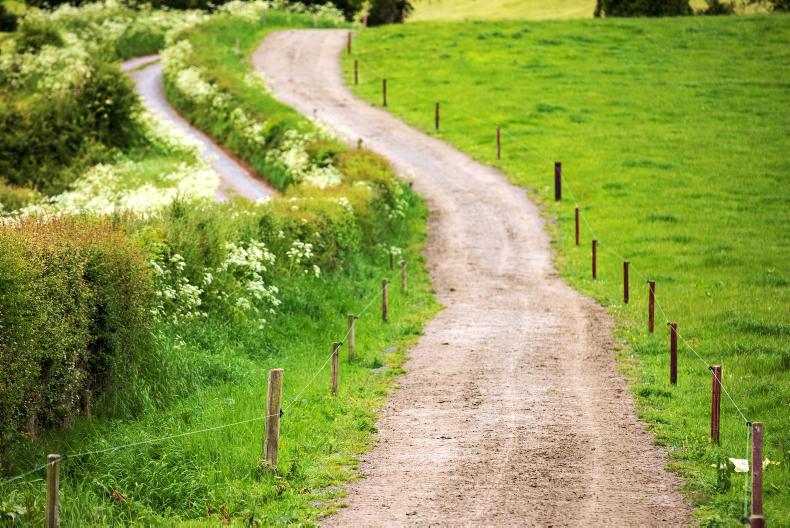
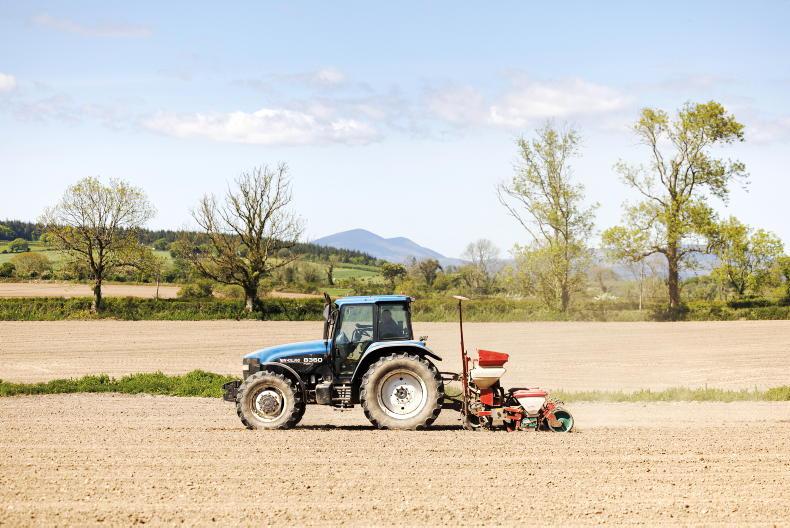
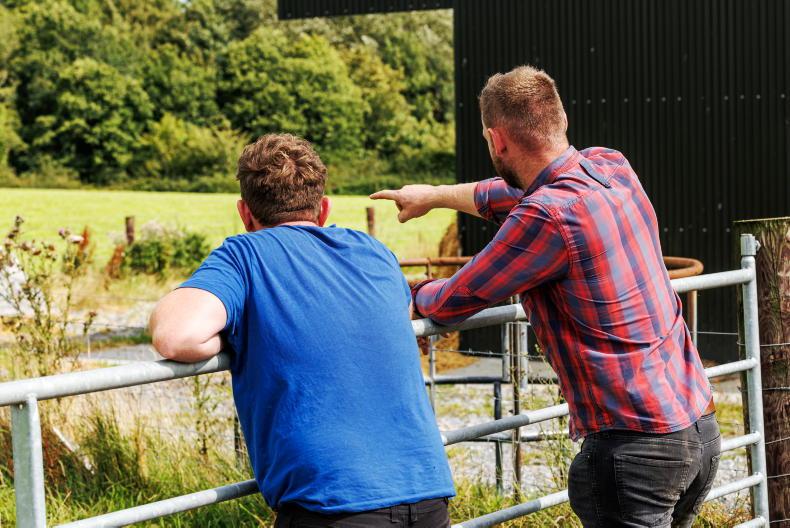
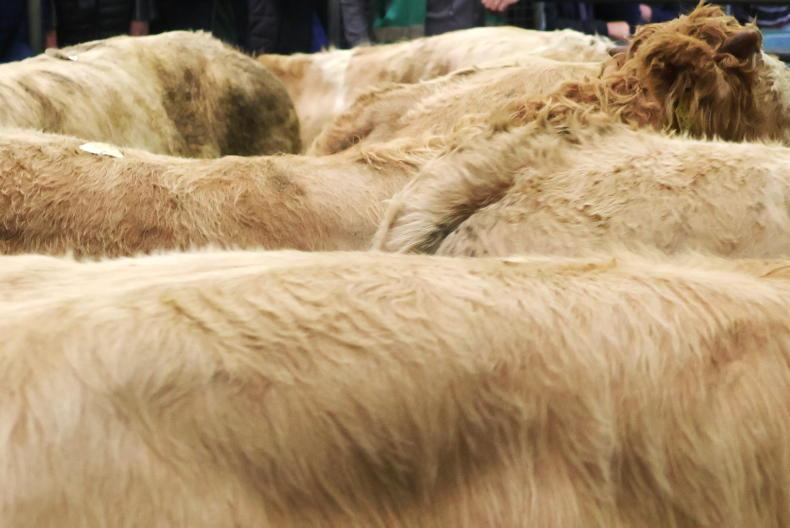
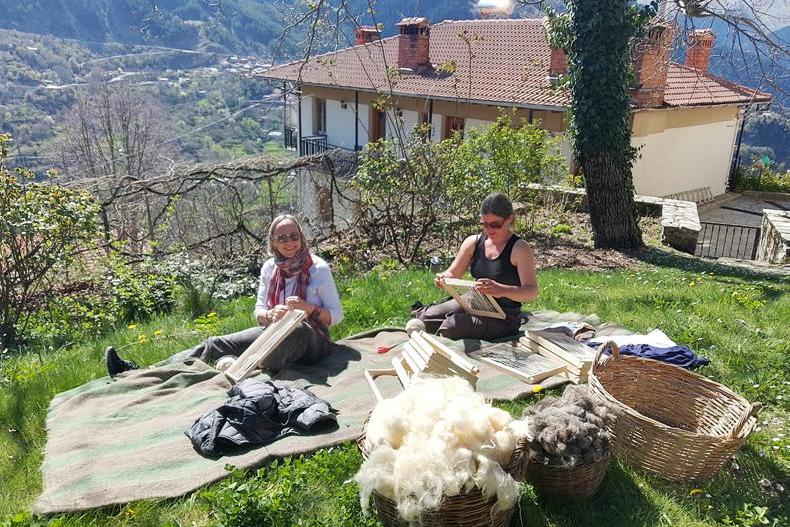
SHARING OPTIONS